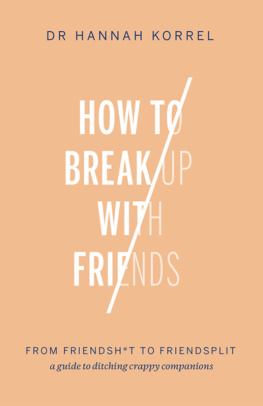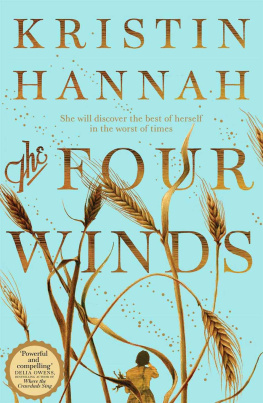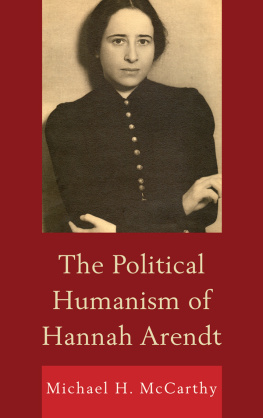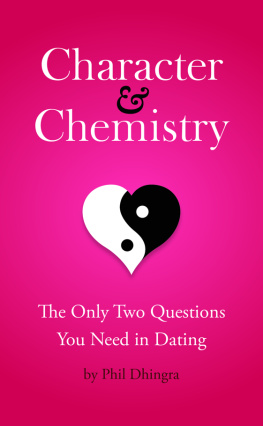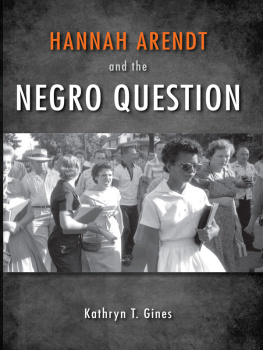Hannah Korrel - How to Break Up With Friends
Here you can read online Hannah Korrel - How to Break Up With Friends full text of the book (entire story) in english for free. Download pdf and epub, get meaning, cover and reviews about this ebook. publisher: Impact Press, genre: Home and family. Description of the work, (preface) as well as reviews are available. Best literature library LitArk.com created for fans of good reading and offers a wide selection of genres:
Romance novel
Science fiction
Adventure
Detective
Science
History
Home and family
Prose
Art
Politics
Computer
Non-fiction
Religion
Business
Children
Humor
Choose a favorite category and find really read worthwhile books. Enjoy immersion in the world of imagination, feel the emotions of the characters or learn something new for yourself, make an fascinating discovery.
- Book:How to Break Up With Friends
- Author:
- Publisher:Impact Press
- Genre:
- Rating:4 / 5
- Favourites:Add to favourites
- Your mark:
- 80
- 1
- 2
- 3
- 4
- 5
How to Break Up With Friends: summary, description and annotation
We offer to read an annotation, description, summary or preface (depends on what the author of the book "How to Break Up With Friends" wrote himself). If you haven't found the necessary information about the book — write in the comments, we will try to find it.
How to Break Up With Friends — read online for free the complete book (whole text) full work
Below is the text of the book, divided by pages. System saving the place of the last page read, allows you to conveniently read the book "How to Break Up With Friends" online for free, without having to search again every time where you left off. Put a bookmark, and you can go to the page where you finished reading at any time.
Font size:
Interval:
Bookmark:


This book is within the self-help genre and is not designed to provide definitive or individual advice, and is not a substitute for appropriate care from a registered medical or health professional.
This book is published by Impact Press
an imprint of Ventura Press
PO Box 780, Edgecliff NSW 2027 Australia
www.venturapress.com.au
Copyright Dr Hannah Korrel 2020
All rights reserved. No part of this book may be reproduced or transmitted in any form or by any means, electronic or mechanical, including photocopying, recording or by any other information storage retrieval system, without prior permission in writing from the publisher.
ISBN: 978-1-920727-87-1 (paperback)
ISBN: 978-1-920727-86-4 (ebook)

Cover design by Tamarin Morely of Nouba
Typesetting by WorkingType Design
CONTENTS
INTRODUCTION
This is a book for anyone who is currently devoting their precious time and energy to maintaining friendships with toxic friends. Weve all had them at least once in our lives, and probably even currently!
As a lover of metaphors and analogies, I could not go past the obvious one: ahoy sailor, are you the captain of a sinking friendship? Are your friends toxically rotting your ship or sailing you into an iceberg? Yes? Sometimes? Not sure? Well, now is your chance to drop anchor and figure this little sucker out.
Bad friends are those people who guzzle up your time, money and energy without batting an eyelid. The ones that make you feel you are walking on eggshells, never reciprocate, put no effort in, are passive aggressive (or just plain aggressive aggressive), the list goes on Ultimately, they leave you feeling exhausted, used, and emotionally battered. Not what a friend should be doing.
Friendship is a lot like dating (warning: another analogy. I did tell you I loved them). Its very common, and in fact expected, to have some standards in your life regarding relationships. At some point, Im sure you have stopped to consider what you are and are not willing to put up with from a romantic partner. So why do we allow these toxic friends in our lives? Its perfectly normal to break up with bad partners, quit bad jobs, terminate contracts with our crappy phone providers, so why is friendship any different? Its not. We can and should break up with friends who treat us badly, and here youll find the steps for how to do it.
Have you ever thought about what you want from a friend? Really sat down and considered what you need, what you are willing to give, what you expect in return, and then enforced those boundaries? Why not? If your automatic thought is true friendship means expecting nothing in return, or, yes, theyre a crappy friend, but theyll have my back when its my turn, then please trust me when I say, ICEBERG, DEAD AHEAD! I highly encourage you to read on, my friend, because you are in dire need of this book.
This book will take you on your own interfriention from friendshit to friendsplit! Firstly, it re-educates you to understand what a real friend actually is, and what one should be receiving from a friend (spoiler alert: true friendship is not a one-sided martyrdom that leaves you feeling used up and depressed). It explores why friends treat us badly, and gets honest about how much this hurts. Hard truths will help you to reach a turning point, where, forevermore, you will know and value your worth as a good friend who deserves the same in return and, importantly, no longer puts up with anything less. Finally, you will learn how to identify those scallywags and do the deed of breaking up with these shit friends, with realistic phrases and plans provided that you can actually use and that actually work!
You might wonder what prompted me to write a book like this. Well, I moved around a lot as a child, including living in Canada (falling in love with poutine and maple syrup, which I still put on everything!). As an adult, I spent the last decade getting fancy pants qualifications to become an expert in relationships, which also meant a lot of interstate moves (ranging from exotic destinations like Cambridge, to Ballarat). Because of all the moves, I didnt have the benefit of those enviable long-term friendships you form by going to the same school and living in the same town all your life.
Its hard to make friends as an adult, and this may mean we keep people in our lives who are less than nice to us. After bending over backwards for my friends during my twenties, it was a shock when I hit the big three-oh and found these best mates were nowhere to be seen except when they needed something. And I wasnt alone; everyone I knew seemed to be telling me about how their friends had let them down and how much this had hurt them, but that they didnt want to do anything about it because (god forbid) then they might end up with no friends. I was genuinely surprised by the lack of sisterhood, brohood friendhood. My training and a few formative friendshit experiences led to the lightbulb moment where I realised that we should totally have expectations of friends, and that we should break up with friends who treat us like shit. Then one day, one friend in particular was so audacious (cancelling an interstate visit so last minute that I was actually on the plane about to take off), that I just decided right then and there that we had to break up and sent a break-up message.
I wrote a large part of this book by dictating my thoughts on voice memo, so the words are literally me talking out these concepts like I would in a real conversation; or a real psychology session. Friendshittiness can cause so much hurt and anger; I found it immensely cathartic to put in writing standards, expectations, and declarations about no longer putting up with toxic relationships. It was like those feelings of hurt diminished with every word, affirming that it was OK to stand up for myself. I hope reading this book brings you the same feeling. And I know this book will strengthen your ability to spot true friendships, so you can cherish them, and become an even better friend yourself.
Before we get started, a word of reassurance. To the person reading this who feels scared about lifting the veil on their shitty friendship: perhaps youre feeling nervous at the thought that youll end up with no friends or wondering, What if theres something wrong with me? Well talk about that too. Let me quickly put your mind at ease: you will have other, better, friends. Through this book youll learn not only how to do that but also how to reinvest your time, money and effort into yourself instead of those toxic friends. And for those worried theres something wrong with them, well, Id like to say I can see and know you through these pages and you dont appear to be an arsehole but of course I dont know you. One thing I do know is that if youve taken the time and effort to read a book examining your interactions with others, then thats a pretty good sign you care about others and your own personal development anti-arsehole behaviour if I ever saw it.
Warning: This book has a lot of strong views and declarations about life, friendship, and your time, which will cut right through the bullshit and tell it like it is. Lets call them no BS truth bombs. As you will learn, your time is precious, so it hasnt been wasted on extra fluffy words in this book to ease you into the hard truths about toxic friendships. If this offends you, then that is your wonderful right. However, if it offends you more to continue to captain a rotting friendship thats on course for a time-sucking, expensive and bully-infested iceberg, well then, read on, my friends, read on.
Next pageFont size:
Interval:
Bookmark:
Similar books «How to Break Up With Friends»
Look at similar books to How to Break Up With Friends. We have selected literature similar in name and meaning in the hope of providing readers with more options to find new, interesting, not yet read works.
Discussion, reviews of the book How to Break Up With Friends and just readers' own opinions. Leave your comments, write what you think about the work, its meaning or the main characters. Specify what exactly you liked and what you didn't like, and why you think so.

